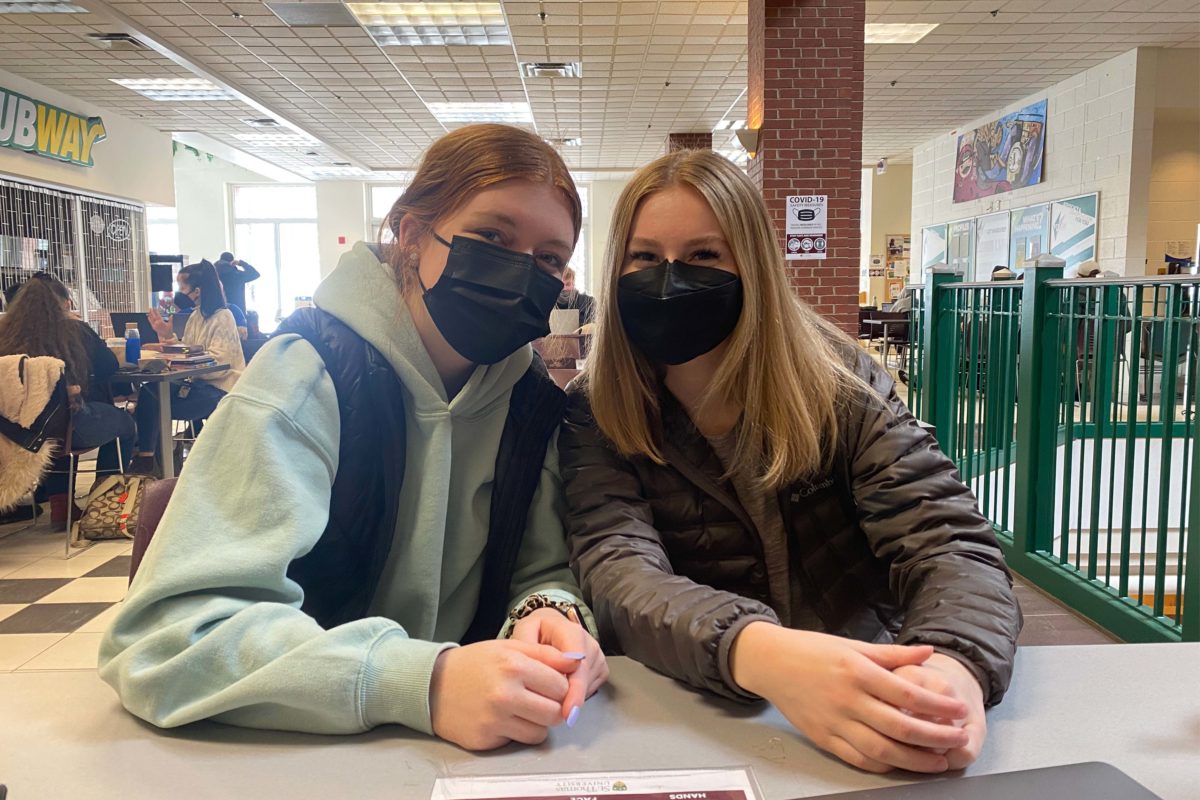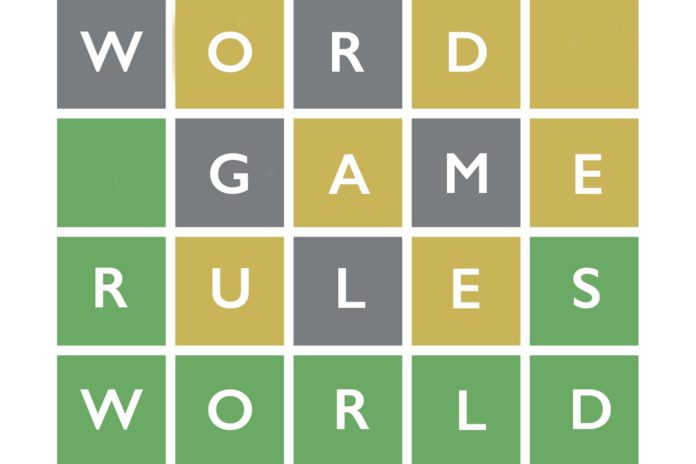Wordle has a simple premise: guess a five-letter word in six tries. When a player gets a letter correct, it turns green. If the letter isn’t in the word, it remains grey. If a user got the right letter in the wrong place, it turns yellow.
Wordle was launched in October 2021 by Josh Wardle, a software engineer from Brooklyn, New York. After amassing millions of users by January, the New York Times bought the company for over a million dollars.
The game is free to play, requires no account and is easy to find online.
All users get the same word, and there is only one word per day. Once the player successfully guesses the correct word, a countdown begins for the new word to be released.
The unique premise is a trademark of Wordle, which separates it from many other online games that gained traction in the last few years. Normally games try to get users to play as much as possible for as long as possible, but Wordle has only one word per day.
For those who can’t get enough of the game, there is “Wordle unlimited.”
First-year St. Thomas University student, Gabrielle Campbell, started playing a few weeks after Christmas. She liked the game so much, she wanted more than one word per day.
She got tired of the unlimited Wordle quickly and now only sticks to the original way to play.
“It’s fun that it’s just once a day,” she said. “We’re all guessing this one word.”
Campbell thinks the fun part of Wordle is getting to talk to everyone about the game. She originally found out about it in her residence, Harrington Hall. When her friends stayed up late, they would look forward to the new word dropping at midnight. They would all play separately but in the same room, chatting as they went.
“If you don’t do the word then you’re kind of left out,” she said.
Campbell was shocked to find out some of her friends from musical theatre hadn’t heard of the game. Now, she said everyone plays and talks about it in their group chat.

One friend she introduced Wordle to was Lindsay Ogg, a third-year student at STU.
Before Campbell showed her the game, Ogg saw people on Twitter posting Wordle boxes on her feed.
Those boxes are a footprint showing how many times it took the player to guess the word correctly without giving away the answer.
Ogg has never posted her results on social media, but she feels proud when she gets a lot of letters in her first attempt.
Ogg thinks that strict COVID-19 regulations combined with the winter months have created an environment where Wordle can thrive.
“I go sledding and skating, like outdoor stuff, but on the days where it’s just not accessible to us, it’s really nice to have online ways to hang out,” she said.
Ogg said she thinks Wordle will be trendy for a few more weeks, but will lose its popularity when spring comes, restrictions lift and people can go out more freely.
Strategy at STU
Wordle is a game that requires some thought and spelling knowledge. Users cannot just enter random letters, but must spell real words.
Ogg compares her technique to the popular number game Sudoku and said she can see improvements in her first week of Wordle.
Campell’s strategy recently changed. Before, Campbell would choose a different word for the start of every Wordle.
“Then I realized that RATIO is a really good word to start with, because it gives you two very common consonants,” said Campbell. “Then three vowels right there, so that always gives me at least one that’s good.”
Campbell starts guessing from there.
When strategy fails, friends who know the word of the day will give their less fortunate friends hints. Last Wednesday, Ogg’s friends helped her get the word HUMOR.
They told her that it was the American, not the Canadian, spelling of the word.
“I was definitely humbled,” said Ogg.

